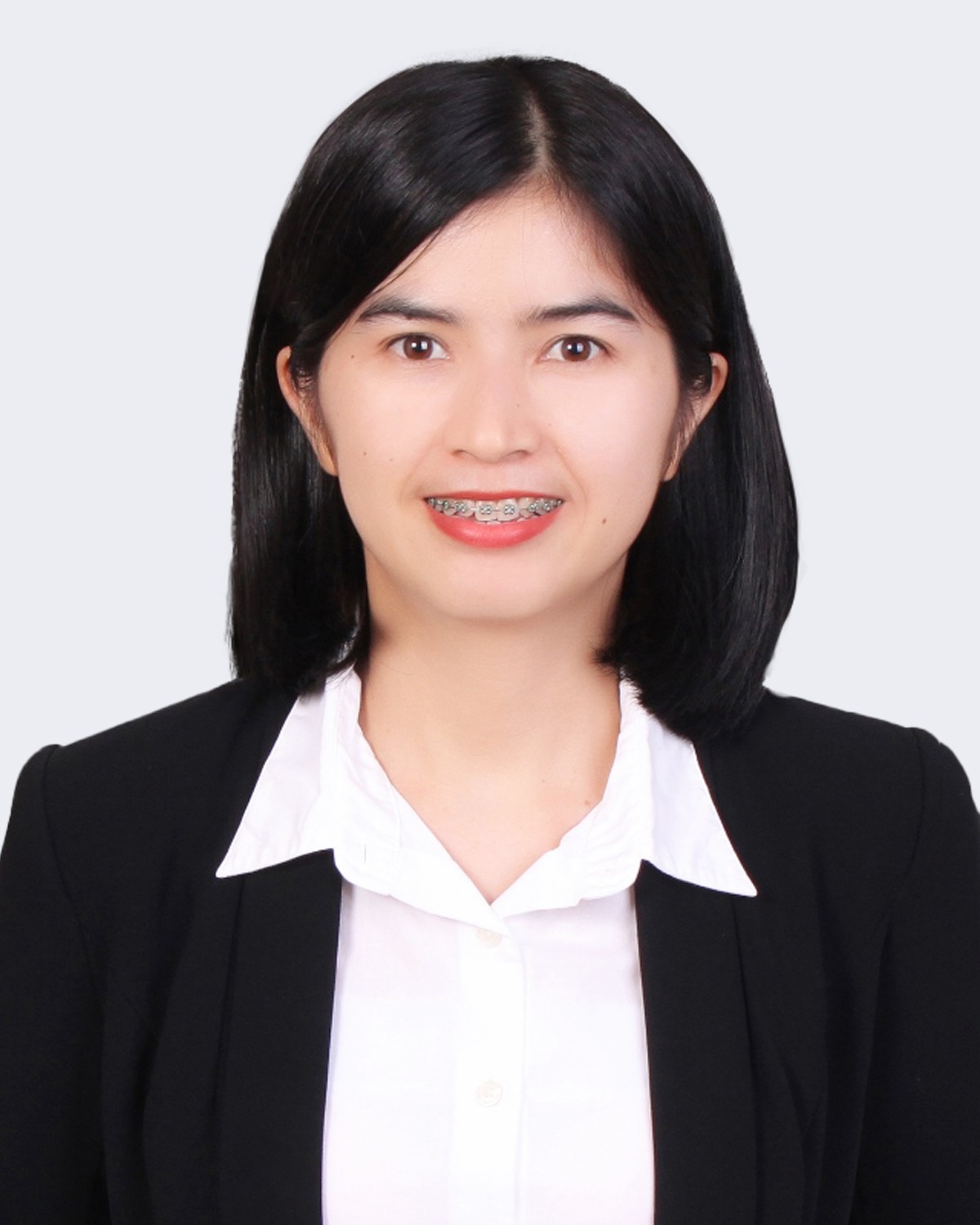Seven years after Indonesia enacted its new copyright law (Law No. 28 of 2014), the government has finally published an implementing regulation relating to the management of royalties for songs or music under copyright. The new guidelines are contained in Government Regulation No. 56 of 2021 on Song and/or Music Copyrights Royalties Management, which was welcomed by creators, rights holders, and other related parties when it was issued on March 31.
The regulation lays out 13 commercial public venues and uses that are subject to royalty payments for playing songs or music under copyright:
- Seminars and commercial conferences;
- Restaurants, cafés, pubs, bars, bistros, night clubs, and discotheques;
- Music concerts;
- Airplanes, buses, trains, and ships;
- Exhibitions and bazaars;
- Cinemas;
- Ringtones;
- Banks and offices;
- Stores;
- Recreation centers;
- TV stations;
- Radio stations;
- Hotels, hotel rooms, and hotel facilities; and
- Karaoke services.
Collection and distribution of royalties from commercial users of songs or music is conducted by the National Collective Management Agency (Lembaga Manajemen Kolektif Nasional, or LMKN) on behalf of creators and rights holders. The organization consists of two sections—LMKN Creators and LMKN Related Rights Holders—each of which is led by an independent commissioner with duties and organizational structure regulated by further ministerial regulation.
The new regulation mandates the establishment of two new repositories, within two years, that will have important implications for the management of royalties for musical works. One of these—the government’s Song and Music Data Center—will contain information on all the songs and music registered with Indonesia’s Directorate General of Intellectual Property (DGIP) and will be accessible to anyone seeking information related to commercial use of a registered musical work (e.g., LMKN, creators and rights holders, commercial users, etc.). The second repository is the Song and Music Information System, which is an internal system to be developed and administered by LMKN itself to aid in the distribution of royalties based on the commercial use of protected musical works. LMKN’s calculation of royalties will be based on integrated data in the public Song and Music Data Center, in line with the provision in the Copyright Law that requires creators, rights holders, and related rights holders to register their musical works in order to receive their economic rights through a collective management agency (CMA).
While much of LMKN’s work is devoted to creators and rights holders who are members of a CMA, LMKN is also required to collect royalties for non–CMA members. Royalties for creators and rights holders who are not known or are not members of a CMA are kept by LMKN for two years and announced publicly in an attempt to notify the creators or rights holders of the pending royalties. If the two years elapse without anyone coming forward, LMKN can add the royalties to its reserves. The royalties collected will be distributed to creators, rights holders, and related rights holder who have become members of a CMA, and used for operational and reserve funds according to a predetermined formula.
If there is a dispute over the distributed royalties, the regulation allows creators, rights holders, or related rights holders to submit the matter to the DGIP for mediation. The regulation does not give further details on the mediation process, such as whether the DGIP needs to create a special board or the procedural requirements for submission of complaints.
The song or music registration requirements stipulated in the new regulation incur an IDR 500,000 (approx. USD 35) fee per recordation, which could deter some rightsholders from taking part. Overall however, the emergence of the regulation remains a positive step in Indonesia’s copyright regime for musical works, and is expected to lead more creators and rights holders to officially register their music, even though the copyright arises automatically upon a work’s creation (i.e., without recordation), to provide a better basis for any future claims of infringement and a more equitable platform for the redistribution of royalties.





